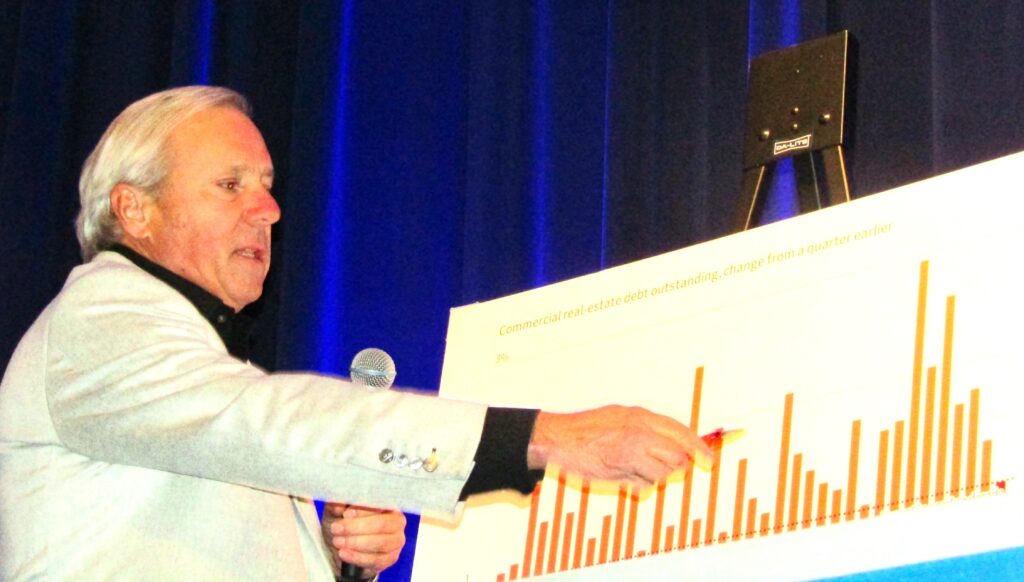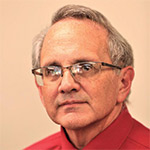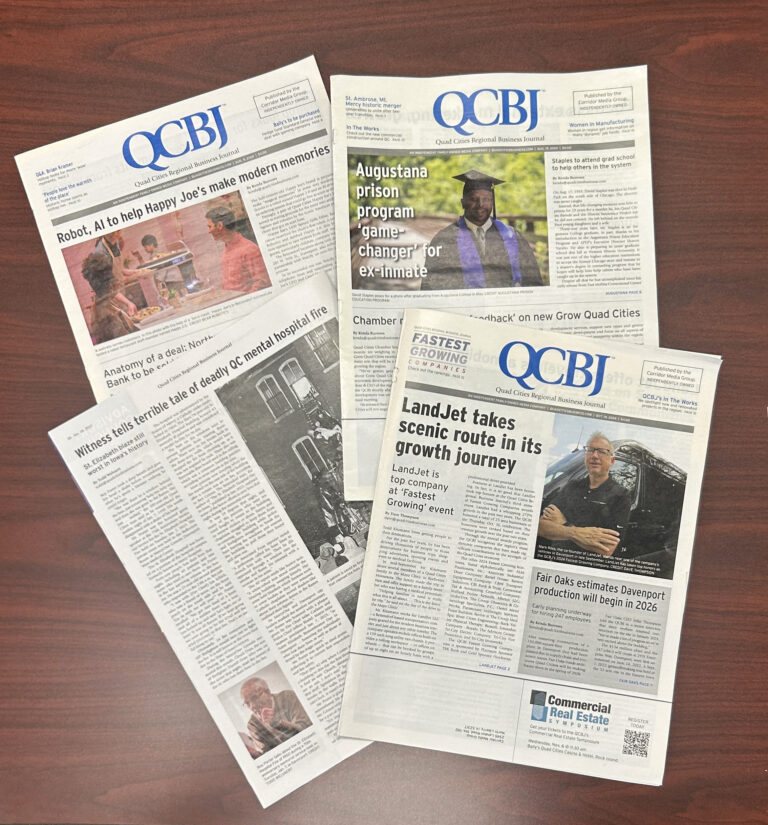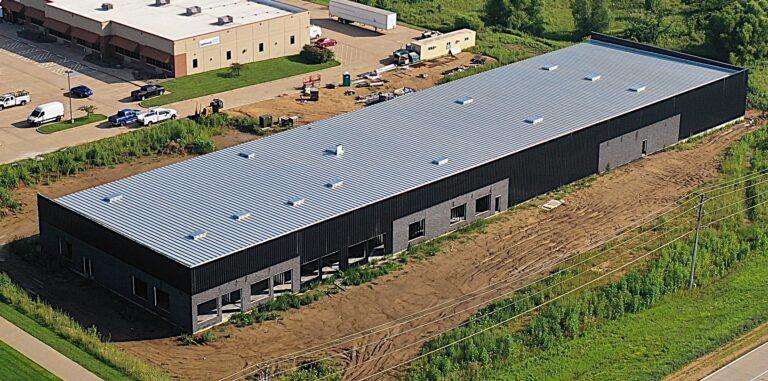Commercial Real Estate event: Market strong, but ‘bumps in road’

Mike Whalen, president and CEO of Heart of America Group, points to a chart on commercial real estate debt Thursday, Nov. 2, during the QCBJ’s second annual Commercial Real Estate Symposium. CREDIT DAVE THOMPSON
The Quad Cities commercial real estate market is strong, but there are some “bumps in the road” in the coming months.
That was one of the main messages delivered during the Commercial Real Estate Symposium, presented by the Quad Cities Regional Business Journal, on Thursday afternoon, Nov. 2, at the Quad Cities Waterfront Convention Center in Bettendorf.
The second annual QCBJ event, which attracted…

Want to Read More?
Get immediate, unlimited access to all subscriber content and much more.
Learn more in our subscriber FAQ.
Do you want to read and share this article without a paywall?







